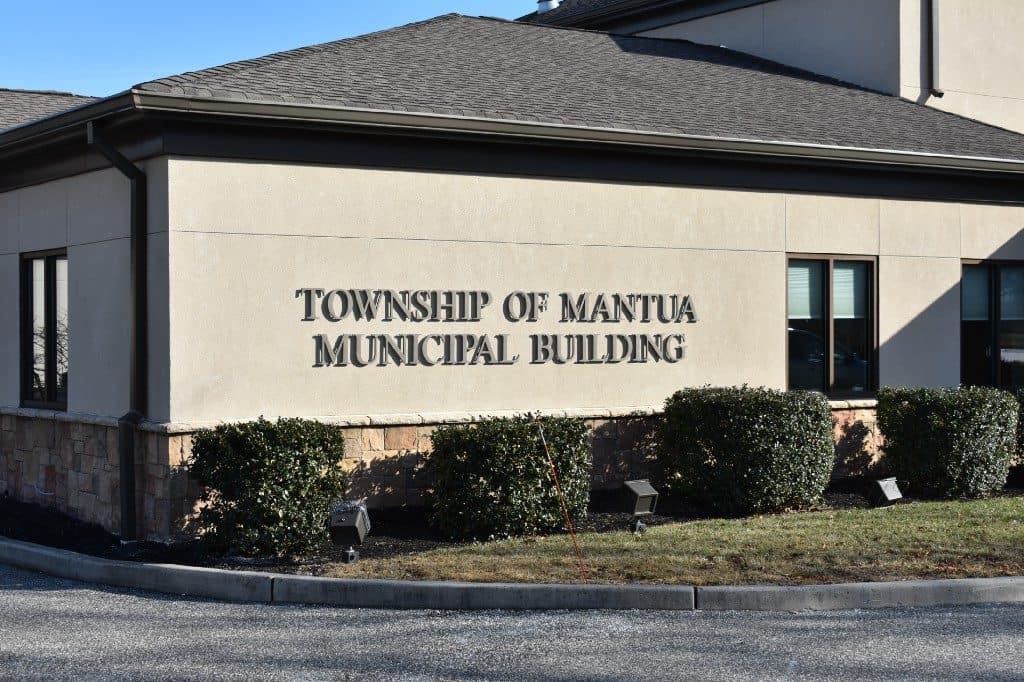
Residents will see no rise in local taxes

After a few weeks of delay, the Mantua municipal budget is passed. The $14 million budget presents a flat tax rate with close to $10 million coming from residents.
The previous year’s budget sought a 1.5 cent increase in local taxes which equated to $30 jump for the average priced home.
“We had to wait for a couple of revenues to come to fruition in order for us to get to the zero,” Jennica Bileci, the township business administrator, said during the budget presentation at the June 18 committee meeting.
Perhaps the biggest reason the budget was passed in June rather than May was the situation of policing the Borough of Wenonah, a potential revenue source.
Early in 2018, the borough decided to disband its police force. This was done, according to Wenonah Mayor John Dominy, to save money. The borough’s 2017 budget totalled $2.6 million with nearly half of that to support the police department.
Wenonah looked to Mantua to take over policing duties of the .92 miles and roughly 2,500 residents via a shared services agreement that, in the beginning, would last five years.
After a local police union filed a lawsuit against the council — Mantua would later become a defendant — the subject of township budget was delayed.
The original agreement did not require Mantua to take on any officers from the disanded department but only hire two additional officers — from anywhere — to handle the additional land and population. In the end, a Superior Court judge ruled a shared service agreement calls for the existing department absorb the disbanded officers and recognize employment and salary status. Only one Wenonah officer took a position in Mantua. Five years were added to the agreement.
“This year that will generate $350,000 for us,” Bileci said. Policing services will increase to $550,000 the following year.
Police Chief Darren White, in a separate interview, said, “Things are going well, as I expected they would. The patrol takeover occurred smoothly and we are now working on some community outreach initiatives to get to know the residents a little better.”
In addition to the Wenonah hire, two additional officers were taken onto the force in June.
The township also delayed the passing of the budget to seek bids for a consumption liquor license; however, no bids were placed.
Bileci noted two other aspects that allowed the committee to get to a zero percent increase, dipping into the surplus and collecting abandoned housing fees.
“Although we are using more surplus this year it is actually lower as a percentage of our budget … we are still at a higher surplus number than we have been in years past,” Bileci said.
The township collected more than $150,000 in abandoned property registration fees, something Bileci noted has been a priority for the past four years.
“More people are paying their taxes,” Bileci also said stating the township’s delinquent tax total decreased by $90,000 in the last year.
During the meeting, Bileci made mention of a few township projects in 2018. From a combination of bonds and a grant from the state Department of Transportation, the reconstruction of roads including Fawn Drive, Hart Lane, Farview Drive, McNally Drive and more is estimated to cost $500,000.
A $135,000 grant from the DOT will go toward the third phase of the reconstruction of Tylers Mill Road.
Improvements to various township buildings, including the roofs of the public works building and senior center, are projected to cost $85,000.
The public works department will also receive new equipment this year, including a dump truck estimated to cost $140,000 and last 15 years.
The township is considering a large parks improvement plan costing $55,000; this will include multiple LED lights on the walking path at Chestnut Branch Park and more.
The municipal tax represents 21 percent of property taxes paid by residents.









